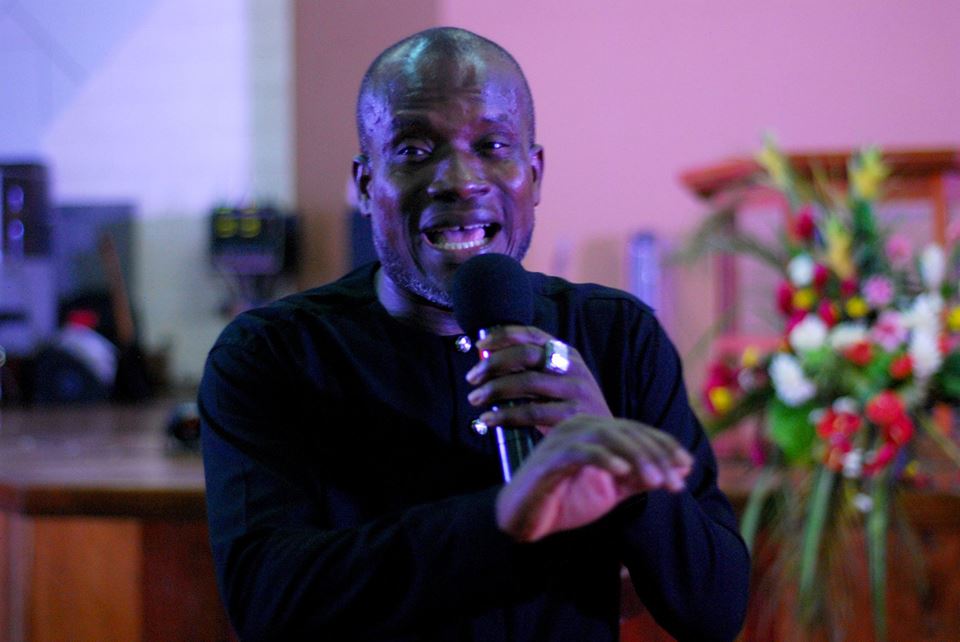Living According To Heaven Apostolic Convention Session 4
We are told to use worldly wealth to gain friends for ourselves. We can do this by using our money to look after an orphan in our community, for example. When that child grows up, we have influence over them for we have invested in them, but more so, we have invested in God. True riches are there to advance the kingdom. When the wealth is gone, we are welcomed into the eternal kingdom. This scripture also says that we will be trusted with much if we handle what we have been given well.
And if you have not been faithful in what is another man’s, who will give you what is your own? Luke 16:12
If you do not know how to handle the world’s wealth, God will not give you riches. God wants you to have overflow so that you can give to others and thus sow into the kingdom. Many of the scriptures deal with money. Abraham is represented as the father of the faith, but little has been said about God’s view of him. God said He chose Abraham so that he would have influence (Genesis 18:19). God wants His children to have influence. So if you are a believer and you do not have influence then you are good for nothing. Abraham however, had influence and circumcised his entire household as God ordained. God wanted Abraham to have influence over his children and his entire household.
Contrary to popular opinion, Jesus was not against the rich. All His friends were influential and rich and He helped the poor. Joseph of Arimathaea was Jesus’ friend and it was he who provided the tomb in which Christ was buried (Matthew 27:57-60). Nicodemus was the equivalent of a QC today and it was he who provided expensive myrrh for Jesus’ burial (John 19:38-42). Lazarus was also from an influential family. John who followed Jesus had boats and people working for him. He and his brother left their father Zebedee and the hired men who worked for them and followed Jesus (Mark 1:19-20). Peter was uneducated but he too had money. He had a fishing boat.
One should not be a pastor who has never worked in the secular work force as then one has no idea how those who work secular jobs have sacrificed to give their tithes and offerings.
Then Jesus entered and passed through Jericho. 2 Now behold, there was a man named Zacchaeus who was a chief tax collector, and he was rich. 3 And he sought to see who Jesus was, but could not because of the crowd, for he was of short stature. 4 So he ran ahead and climbed up into a sycamore tree to see Him, for He was going to pass that way. 5 And when Jesus came to the place, He looked up and saw him, and said to him, “Zacchaeus, make haste and come down, for today I must stay at your house.” 6 So he made haste and came down, and received Him joyfully. 7 But when they saw it, they all complained, saying, “He has gone to be a guest with a man who is a sinner.” 8 Then Zacchaeus stood and said to the Lord, “Look, Lord, I give half of my goods to the poor; and if I have taken anything from anyone by false accusation, I restore fourfold.” 9 And Jesus said to him, “Today salvation has come to this house, because he also is a son of Abraham; 10 for the Son of Man has come to seek and to save that which was lost.” Luke 19:1-10
Zacchaeus was also rich, but he was mean. Yet, Jesus went to his house to eat and because of this, Zacchaeus repented and gave into God’s kingdom giving back the poor four times all that he had taken from them. Jesus was able to say to him, “Today salvation has come to your house.” He was able to guarantee this man’s salvation even though He had not been to the Cross yet. Continue to give to the Kingdom in money and actions because God can and will guarantee your salvation.
Chapter 4 verse 8 of 1 Corinthians speaks of persons having all that they want and being made rich, but not taking anyone with them. Money is not bad; it is a catalyst. When money goes to a bad person, it magnifies his evil. When it goes to a good man, it magnifies his goodness. We have to have influence in every sphere of our lives: in our speech, our looks and our actions.





